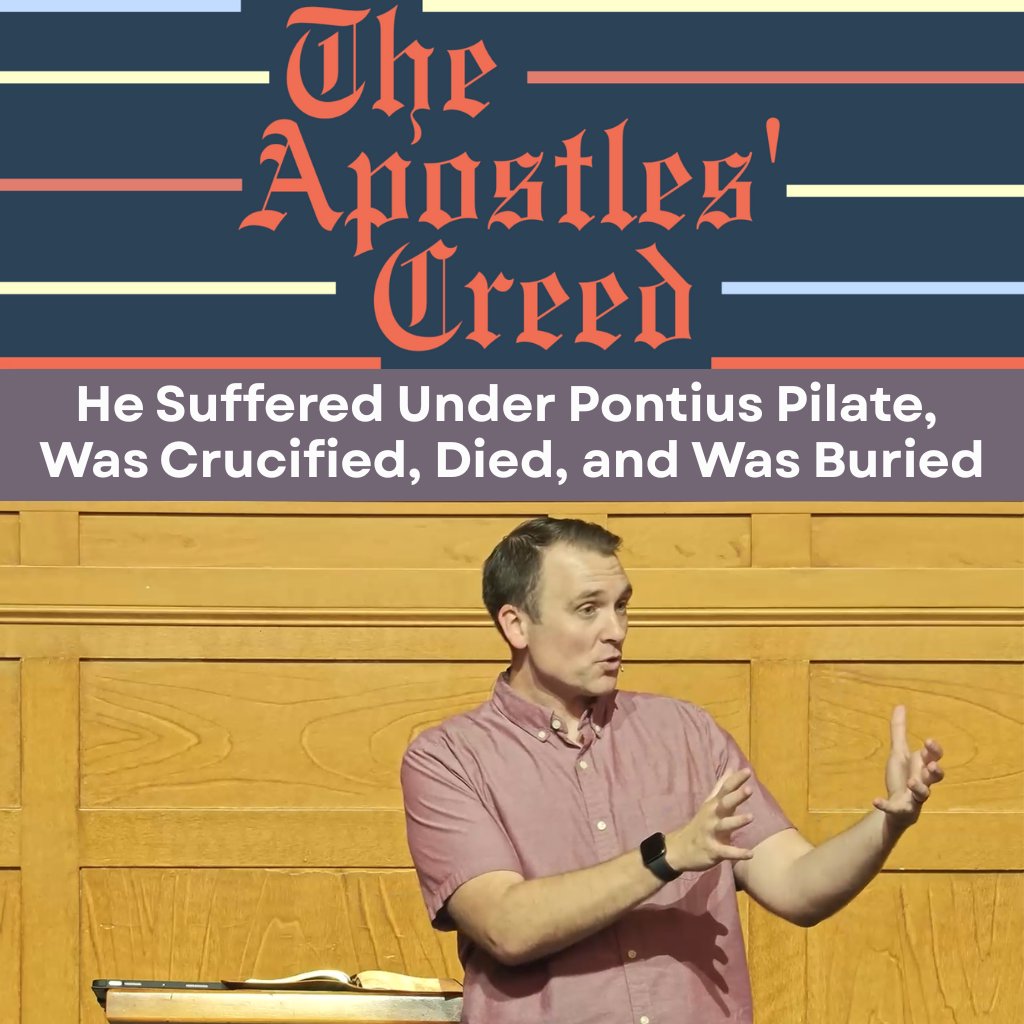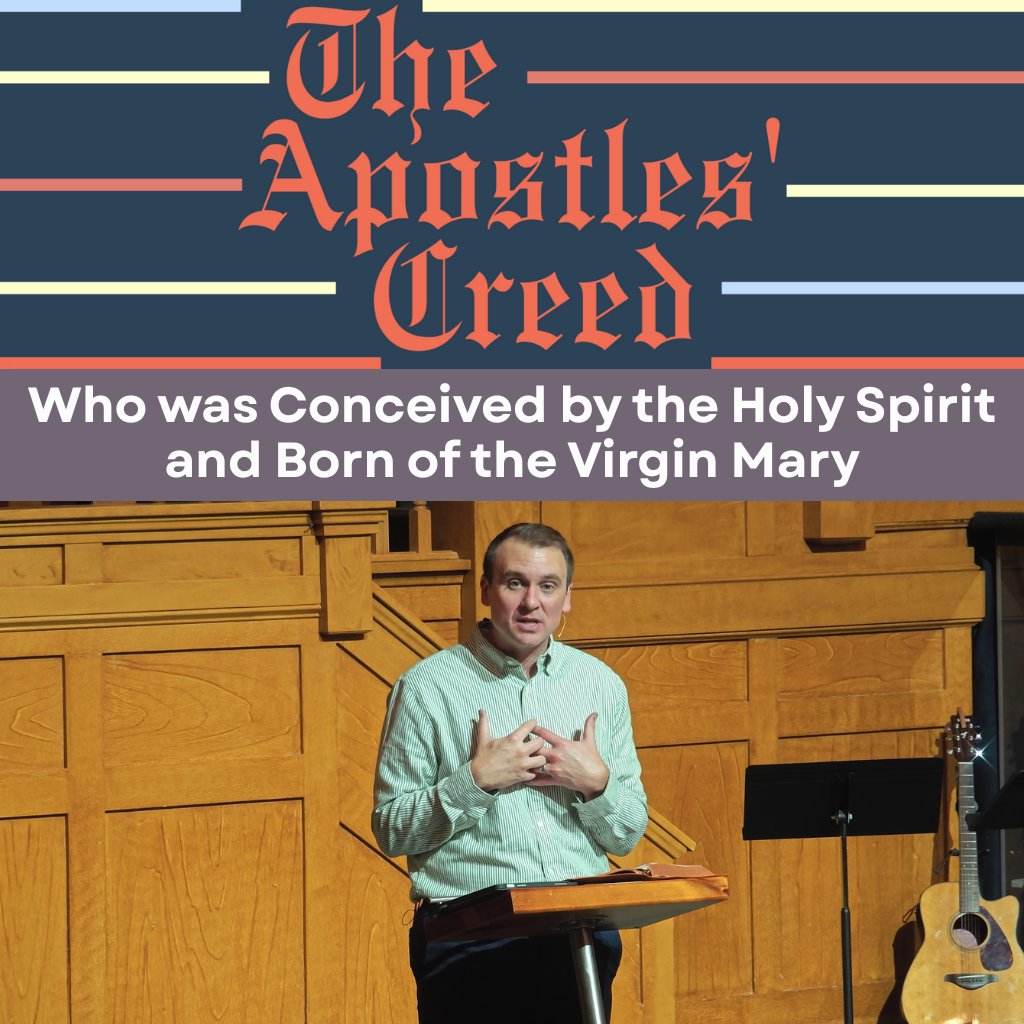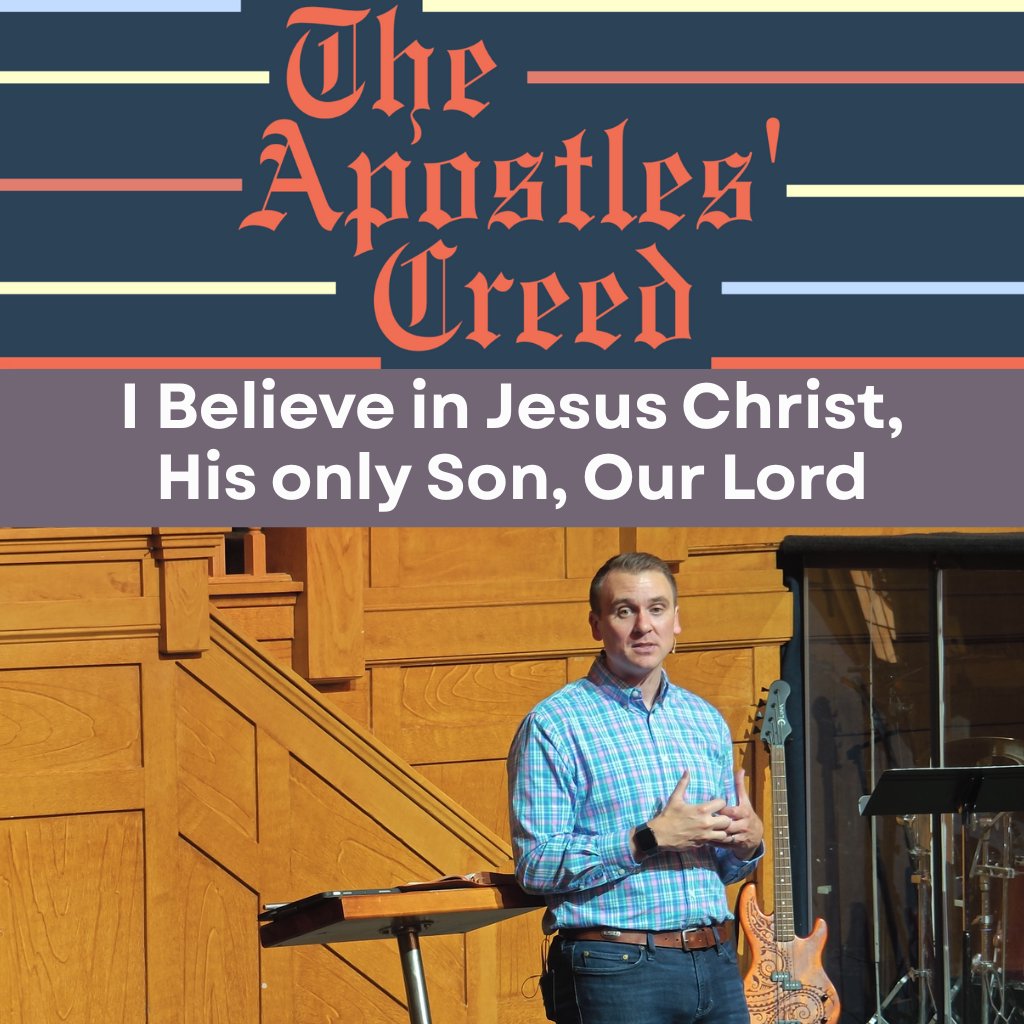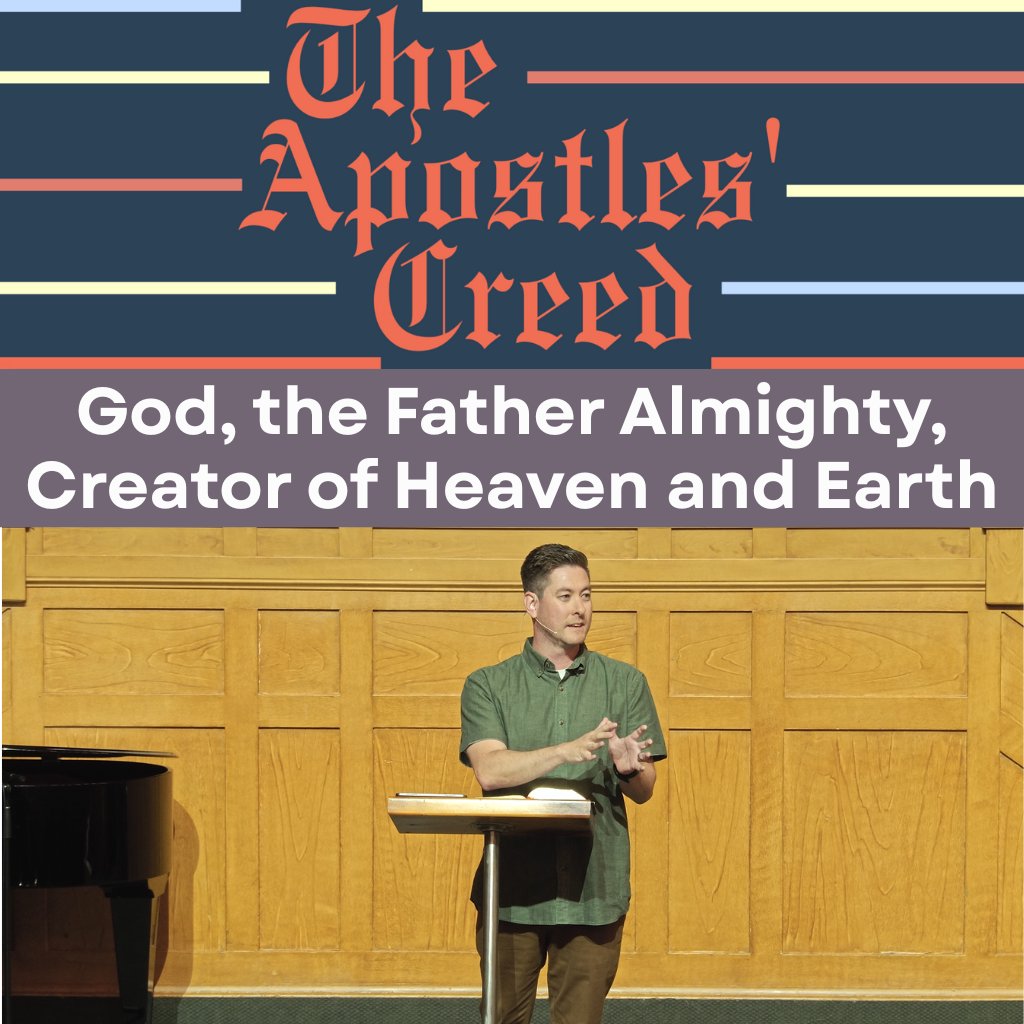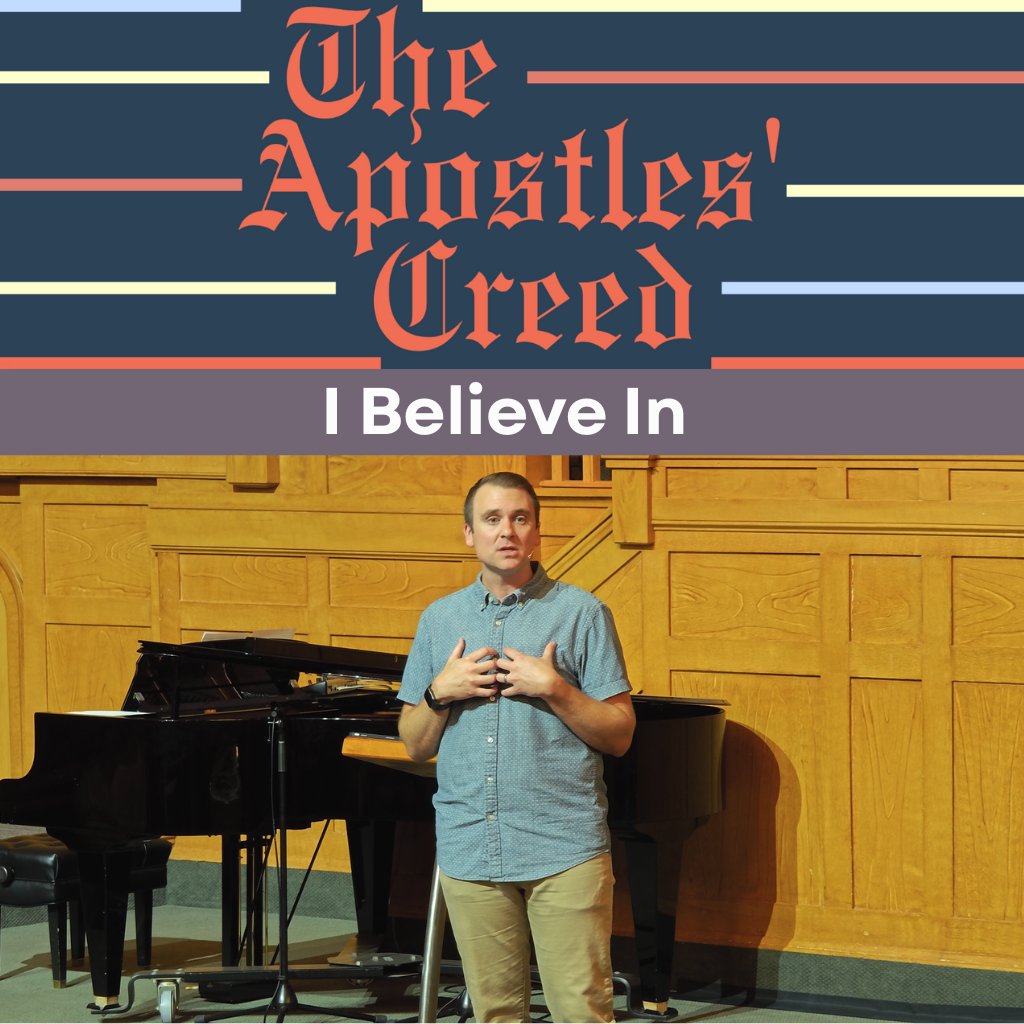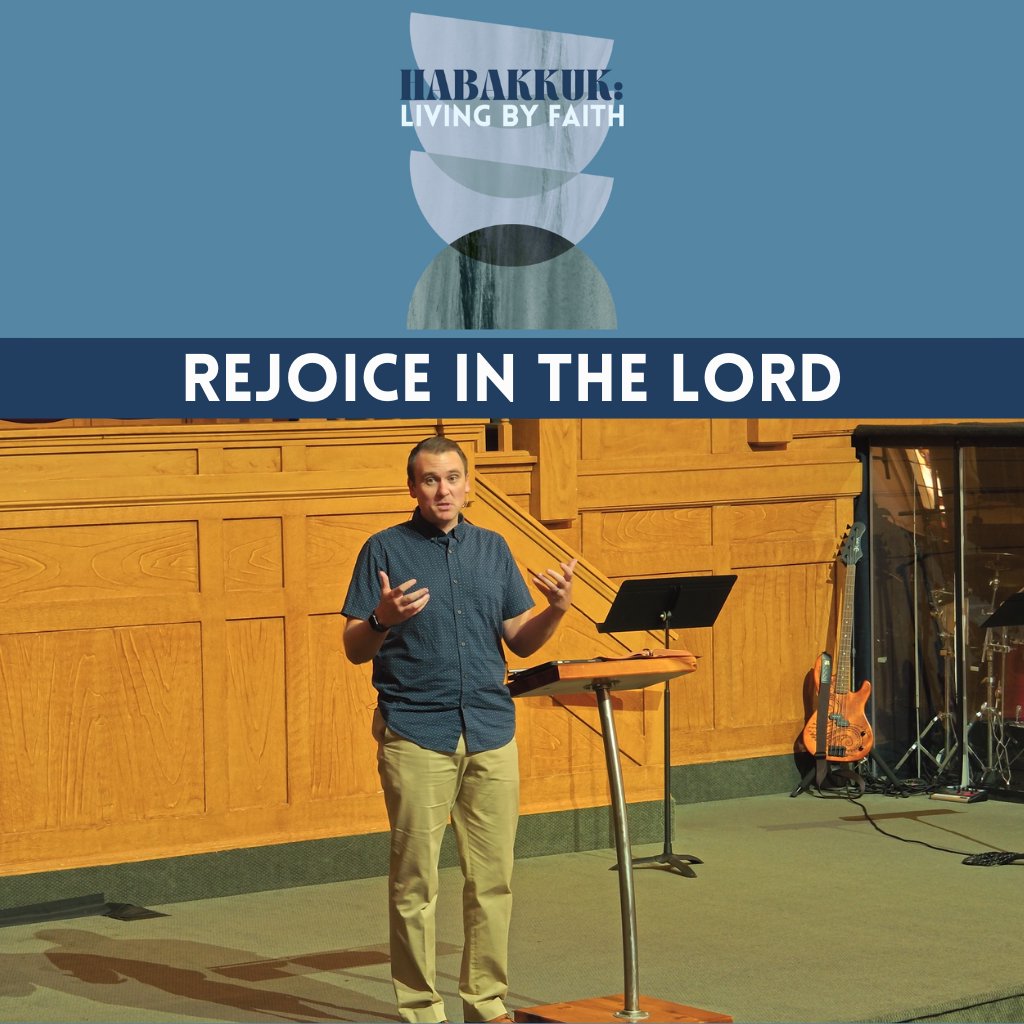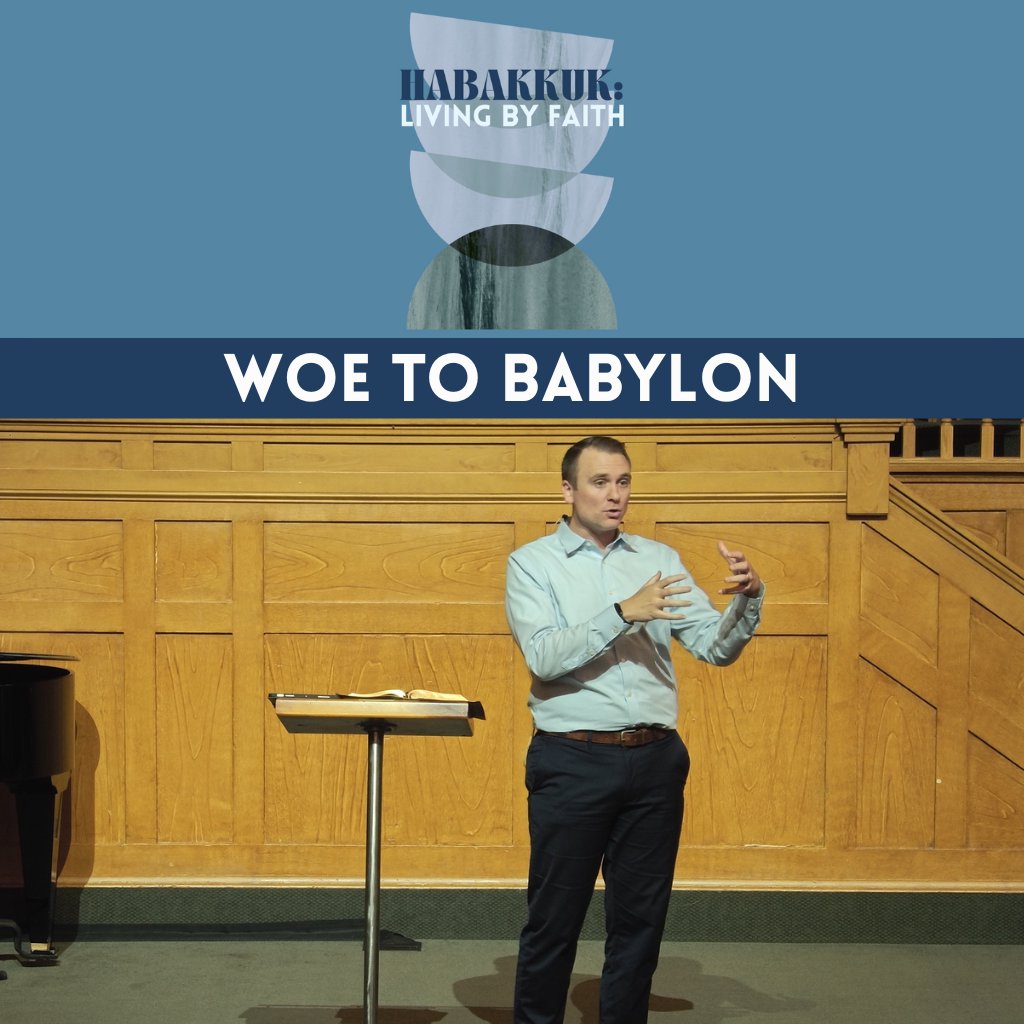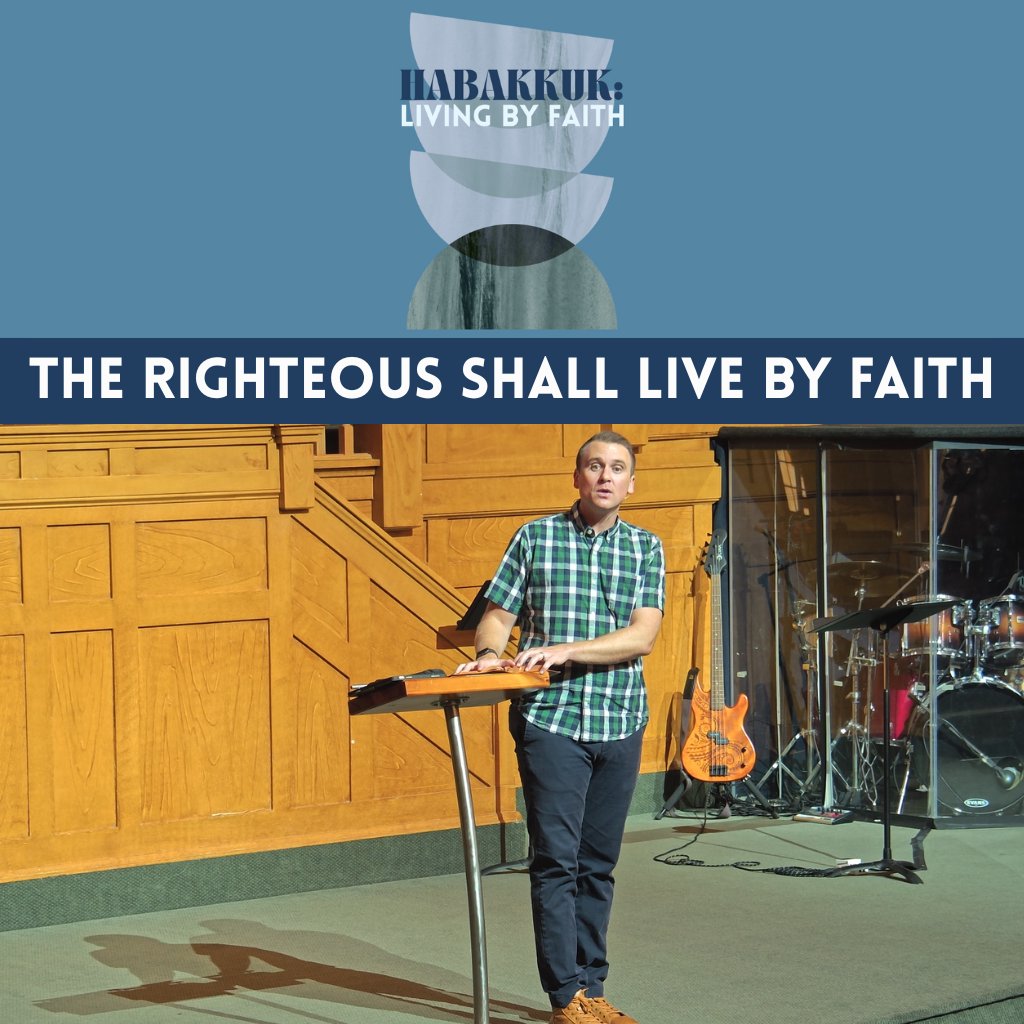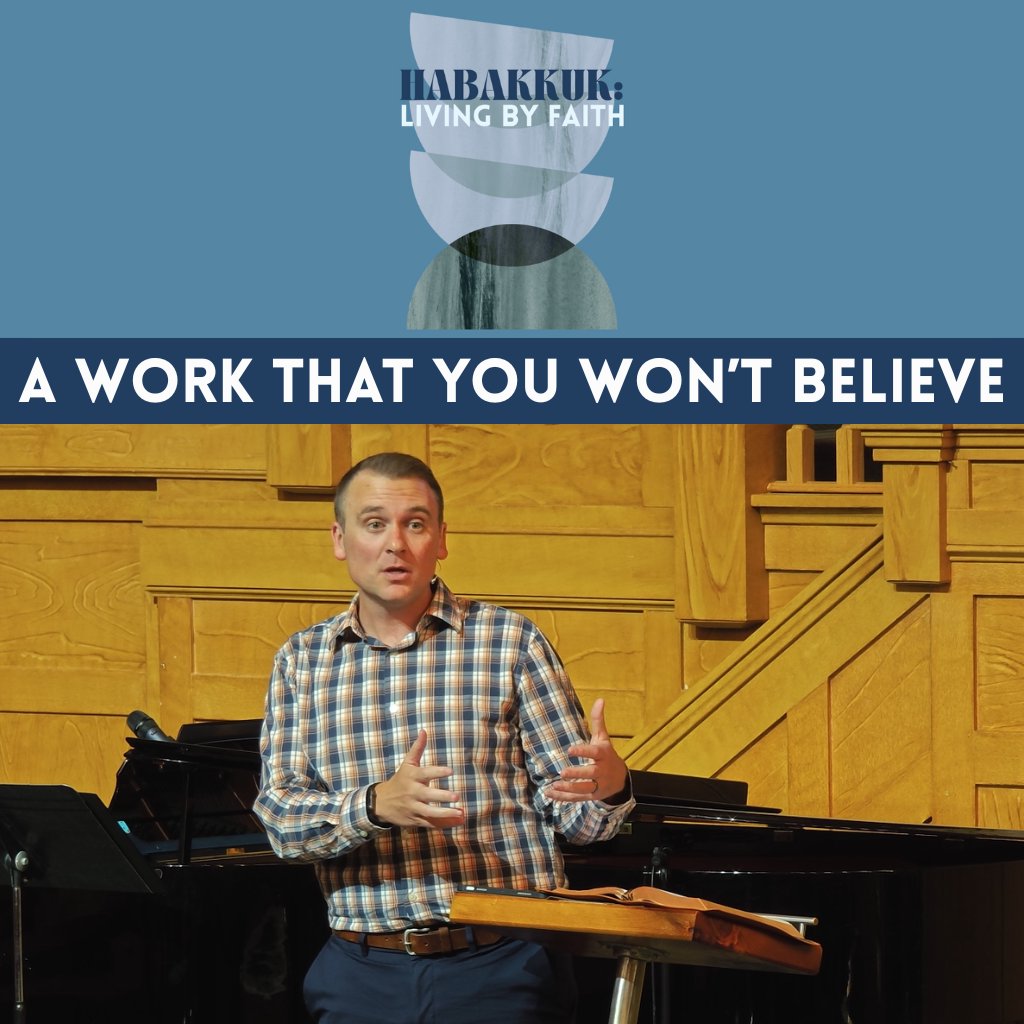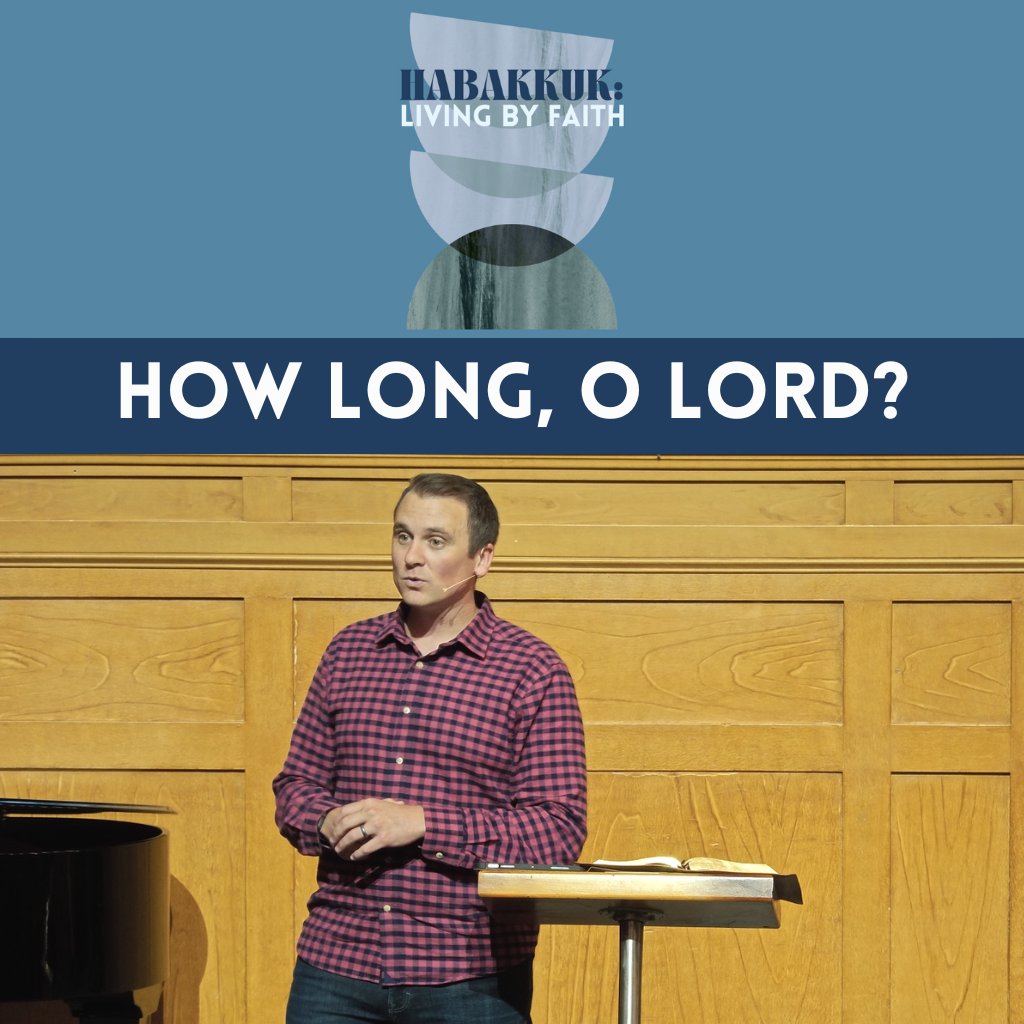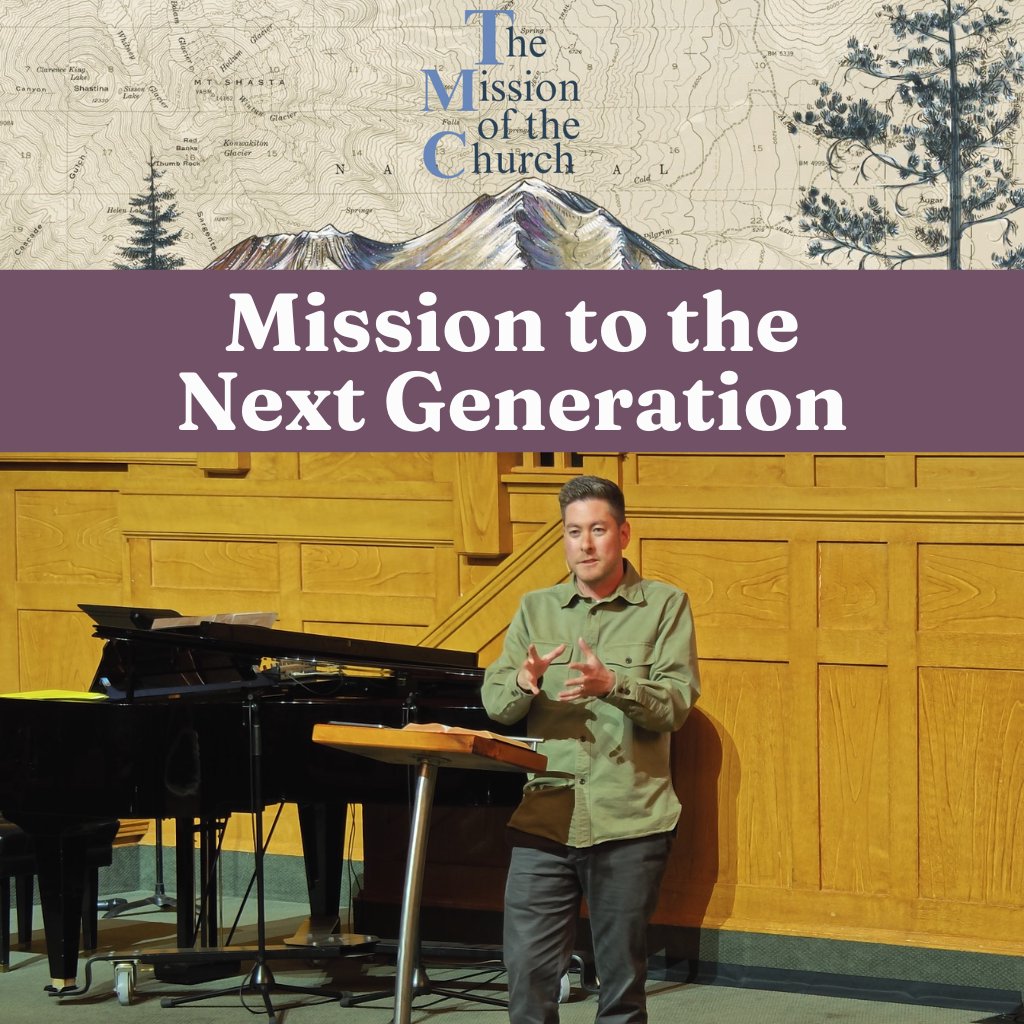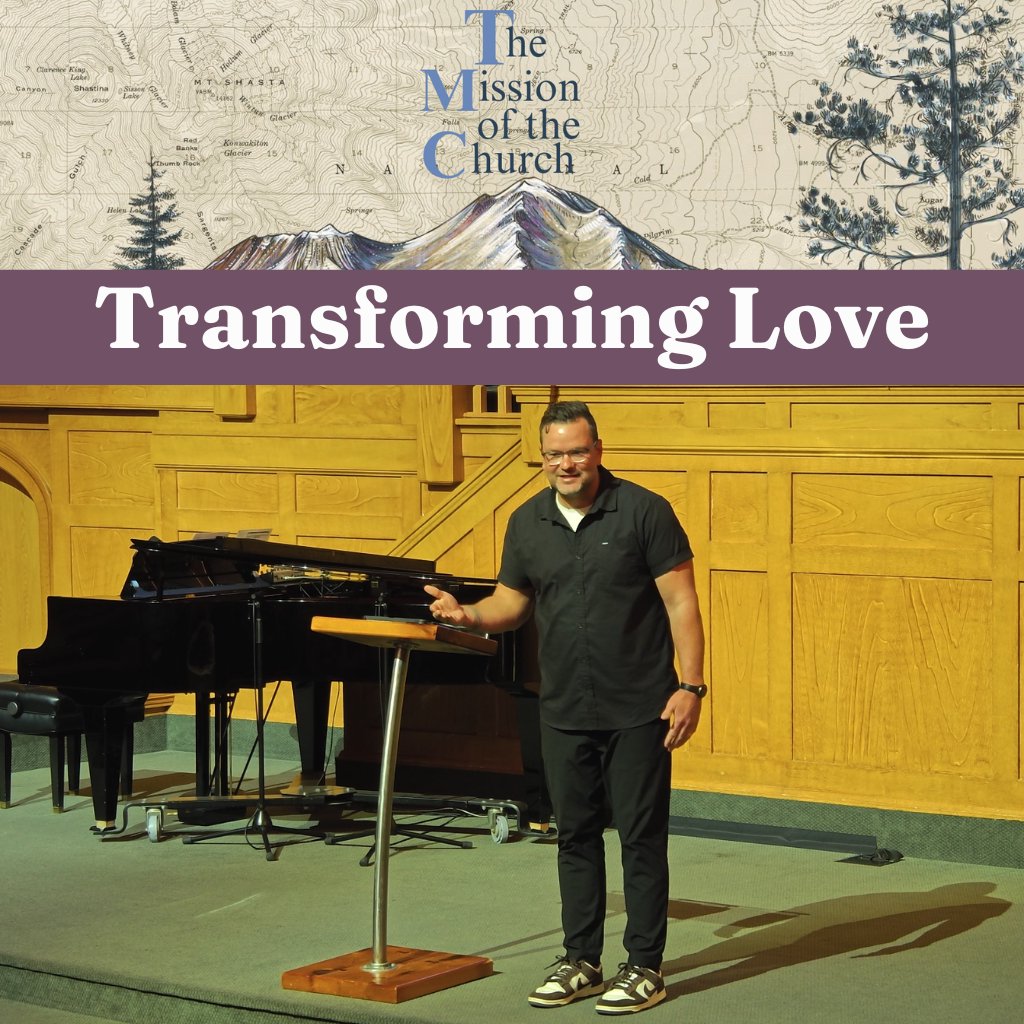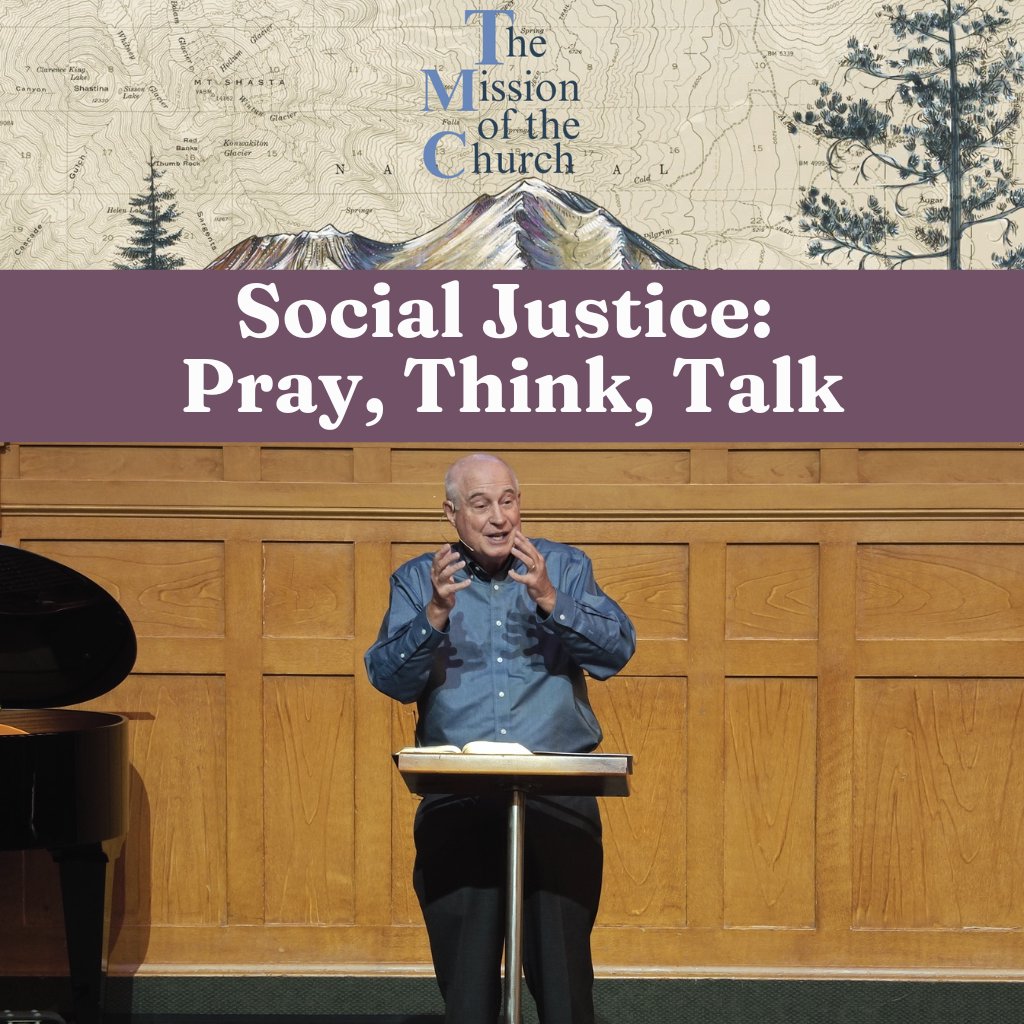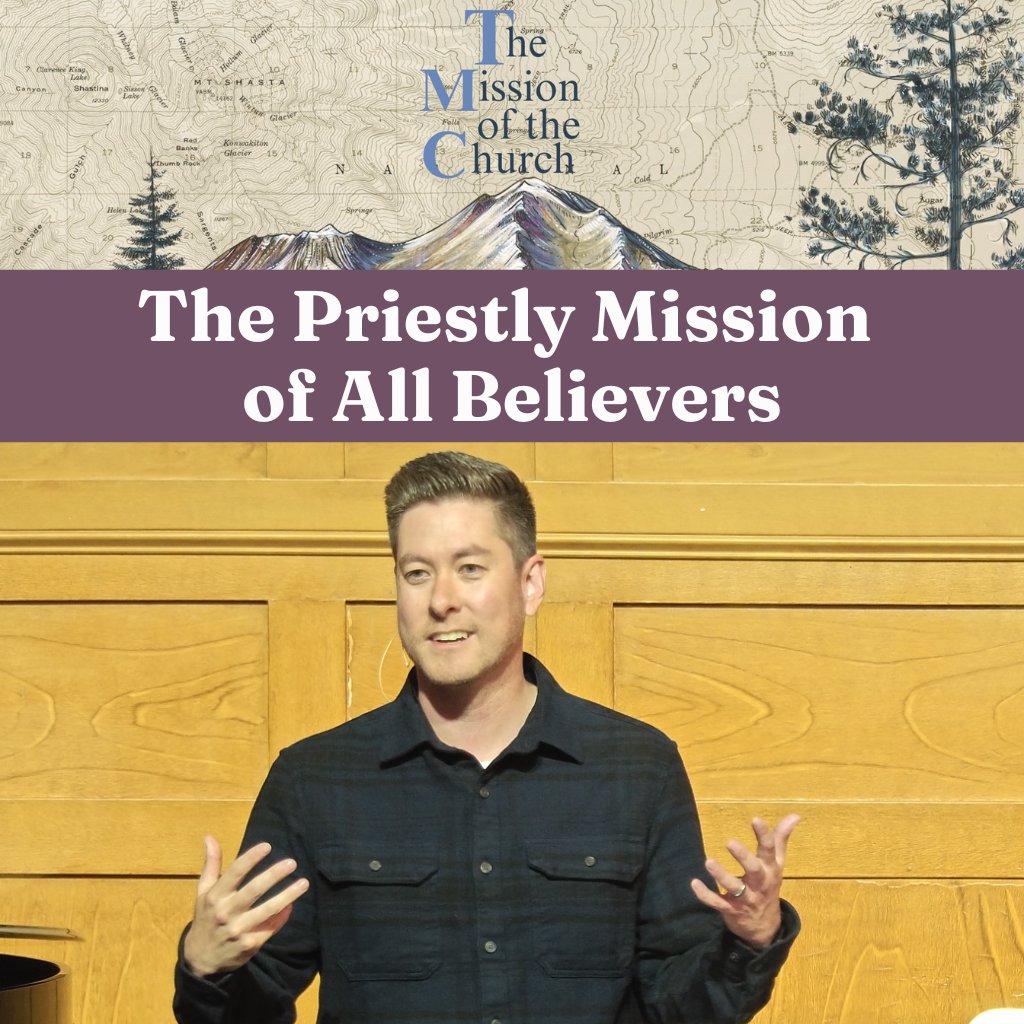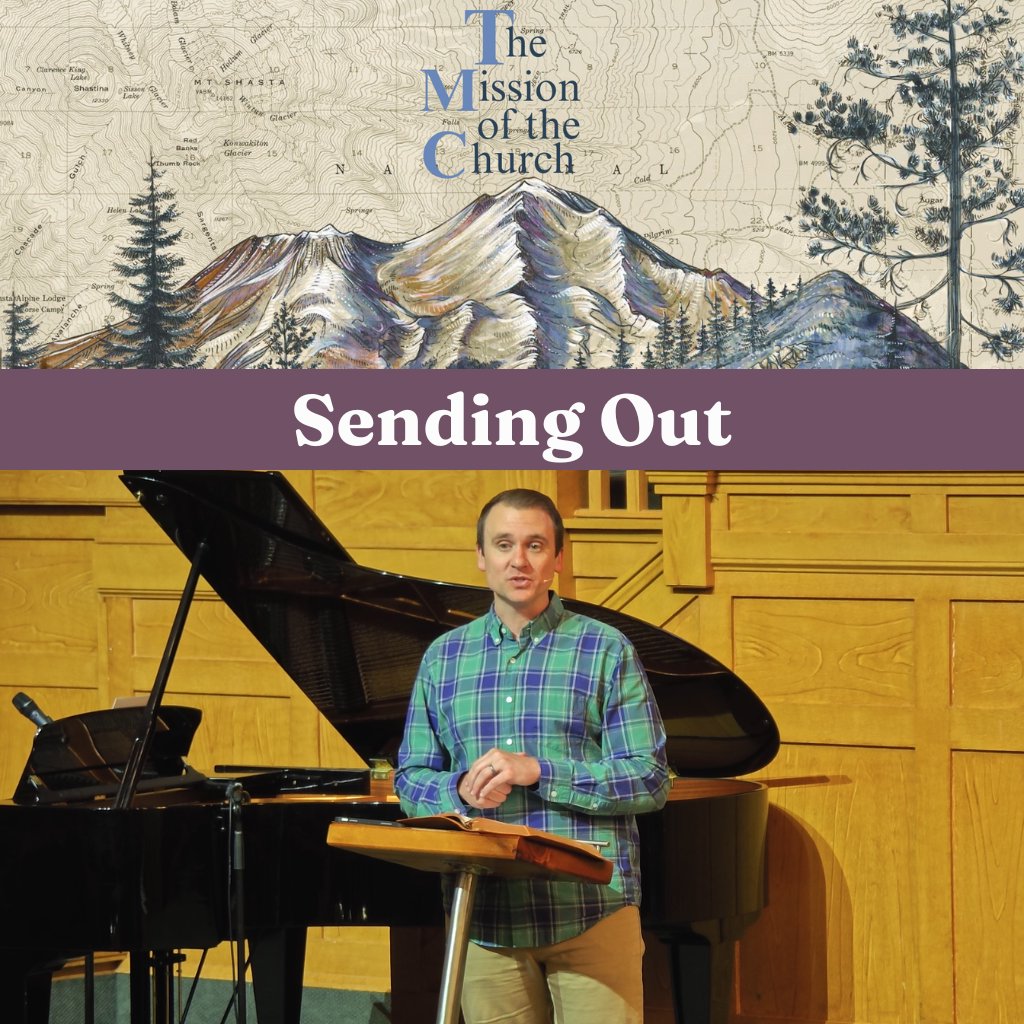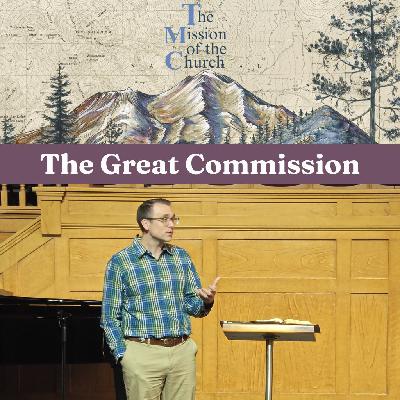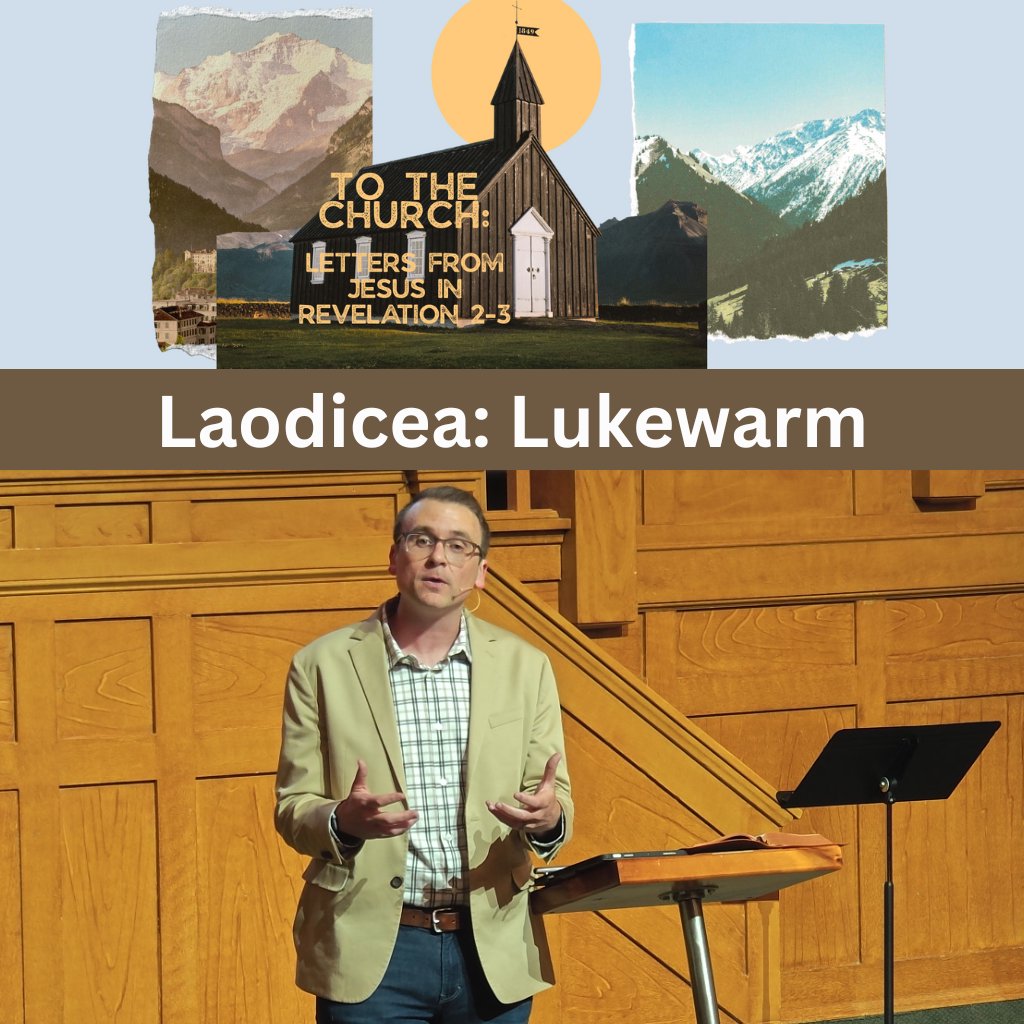Discover FirstSF
FirstSF

518 Episodes
Reverse
REFLECTION QUESTIONS:1. Have you ever wondered why Jesus had to suffer and die in the way that he did? What do the physical sufferings of Jesus teach us about the work that he was carrying out in his death?2. How have you recently felt the pain that comes from living in a broken and sinful world? How does knowing Jesus bore our brokenness bring you hope?3. In what ways was Jesus shamed in his suffering and death? What are some ways you seek to deal with your shame? How does knowing Jesus bore our sin and shame give us freedom?4. Jesus died to remove the sting of death and to ensure that we will never experience true death. How should this reality impact the way we live each day?
REFLECTION QUESTIONS:1. C. S. Lewis said that the incarnation is the central miracle in the Christian. Do you think he’s right? Why is the incarnation so central in the story of redemption?2. What does this passage teach us about why the incarnation happened? Why are these important truths to know?3. Jesus set a perfect example for us in his life. But we can’t imitate him if we don’t regularly spend time looking at him. What is your plan to spend time looking at Christ this week?4. What does this passage teach us about Jesus’ death? How does Jesus’ death give us freedom from fear of death? How are you walking in this freedom?5. How can you practically turn to Jesus for help in temptation, fear, or suffering, rather than relying on your own strength?
REFLECTION QUESTIONS: 1. What is something that you’re passionate about? What is a topic that if someone brings it up you can easily start talking about it? What are some things we can do to help ourselves grow more passionate about Jesus?2. Read Colossians 1:15. What does it mean that Jesus is the image of the invisible God? Why is the historicity of Jesus an important component of our faith?3. How does this passage help us understand the supremacy of Jesus? How is the supremacy of Jesus connected to the sufficiency of Jesus? In what areas of life do you most struggle to trust that Jesus is sufficient?4. Jesus is over creation, the Church, and every individual Christian. Is it ever difficult for you to submit to Jesus’ authority? Discuss what it will practically look like for Jesus to be your authority this week.
REFLECTION QUESTIONS: 1. What is your experience with the Apostles’ Creed or other creeds? Did you grow up reciting them in church? Do creeds feel foreign or strange to you?2. Read Romans 10:9-10. Why is both believing in the heart and confessing with the mouth necessary for salvation? What did confessing Jesus is Lord mean for the original audience of Romans? What does it mean for us?3. Read through the Apostles’ Creed and discuss how it communicates the gospel. Which of the foundational doctrines mentioned in the Creed do you feel like you most need to grow in your understanding of?4. Do you think that living in an individualistic culture tends to shape the way we think about faith? In what ways? How can reciting the Creed together and with the Church help remind us of the communal nature of our faith?
REFLECTION QUESTIONS: 1. What is different from the way Habakkuk speaks at the end of the book compared to the beginning of the book? Is there anything that is the same? How is this instructive to us on what it looks like to live by faith?2. Describe the requests that Habakkuk makes in verse 2. What is the heart behind these requests? What would it look like for you to make similar requests to the Lord?3. Take a few minutes to remember what the Lord has done in your life. How can remembering encourage you to continue to live by faith? How can you make remembering a part of your regular spiritual rhythms?4. What does it mean to rejoice in the Lord? Why is it possible to rejoice in the Lord in even the worst circumstances? What does this look like in your life?
REFLECTION QUESTIONS1. In what ways does this passage teach us not just about Babylon but about all of the kingdoms of the world? In what ways does it teach us about ourselves?2. What idols are most commonly worshipped in our culture? Which idols are you most tempted to worship?3. No matter what kingdom is in power in the world, God is still on His throne. How should this truth impact the way we live in this world?4. Read Habakkuk 2:14. Discuss how this verse can give us comfort and hope during difficult times.
REFLECTION QUESTIONS:1. What does it mean that the righteous shall live by faith? Why do you think this phrase is quoted multiple times in the New Testament (Rom. 1:17; Gal. 3:11; Heb. 10:38)? What does it look like for you to live out this truth in your everyday life?2. Habakkuk recounts God’s attributes, but complains that he doesn’t understand how God’s actions match His character in this situation. How is this an expression of faith? What does it look like for you to trust in God’s character even when you don’t understand His actions?3. Habakkuk commits to waiting on the Lord and taking his position as a spiritual watchman, which was the call of the prophet. What has God called you to do? How can you obey this call even when you have doubts and questions?4. What truths and promises in God’s Word will you cling to in the midst of trials?
REFLECTION QUESTIONS:1. Why is it good news that God’s ways are mysterious? Why can this be difficult to trust in certain times?2. Can you think of a time where you couldn’t understand what God was doing in the moment but later on you were able to see that He was working for good? How can thinking of these times help us when we are in the midst of trials?3. Is it ever difficult for you to see how God is moral and just when you look at injustice in the world? What truths can we draw on from Scripture to help us know that God is moral in all of His ways?4. How do we see God being merciful even in the midst of the judgment of this passage? How can we remind ourselves and each other that God is merciful in all of His ways when we can’t understand how He is working?
REFLECTION QUESTIONS:1. How is the context of Habakkuk relevant to our current times?2. Have you ever been like Habakkuk and felt that God was silent in the face of injustice or suffering? How did you respond?3. Read Psalm 13 and compare and contrast it with Habakkuk 1:2-4.4. What can Habakkuk’s approach to prayer teach us about how we can come to God with our doubts and questions?
REFLECTION QUESTIONS:1. Do regular rhythms of individual and corporate ever feel monotonous to you? Why is it important that we do these things faithfully? How have you heard God speak in these regular spiritual disciplines?2. Listening carefully to God means listening in community. How have the people of God helped you to hear the voice of God?3. Discuss some different ways that we can send people out (CG’s multiplying, church plant in our city, missionaries to other countries, etc.). In what ways do you sense God calling you and/or our church to send people in this season?4. Why is it important that we have times of reunion with those whom we’ve sent out? How can you be a part of this in our church?
REFELECTION QUESTIONS: 1. What are the idols in our city? Is your heart broken over the worship of these idols and the lostness of our city?2. Paul went to the synagogues and the marketplace to engage the lost. What does this look like in our lives? What will you do this week to go to the lost?3. What beliefs do your lost friends and family tend to hold? How can you grow to better understand and engage with their beliefs?4. How does the good news of Jesus speak to the people of our city? How does the gospel tell a better story than the story others believe?5. Who will you share the gospel with? Encourage each other and hold each other accountable to share the gospel.
REFLECTION QUESTIONS:1. “The main thing is to keep the main thing the main thing.” What is the main thing for the Church? What things tend to distract us from the main thing?2. Have doubts ever made you feel unqualified for the mission? How can seeing the doubts of the disciples and the grace of Jesus encourage you?3. In what ways is Jesus’ authority the foundation of our mission? How should Jesus’ authority practically change the way you live each day?4. How have you been involved in disciple making? How is God calling you to step into new ways of carrying out the mission of making disciples?
REFLECTION QUESTIONS:1. What did Jesus mean when he called the church in Laodicea lukewarm? Have you ever been lukewarm in your Christian life? Have you ever been in a church that was lukewarm?2. What caused Laodicea to be lukewarm (see v. 17)? How might we be in danger of this?3. What does Jesus mean in verse 18? What does it practically look like for you to buy from Him?4. How have you experienced the discipline of the Lord in your life? Are you able to see that He did it out of love? Is there an area where you need to be reproved or corrected by the Lord?5. After studying all 7 of the letters, what do you think Jesus would say in a letter to FirstSF?




